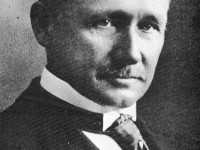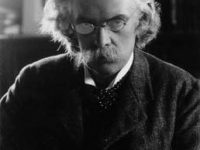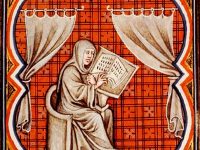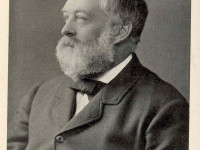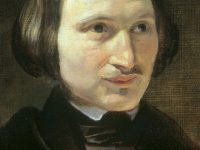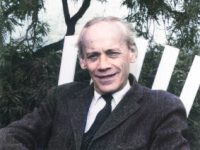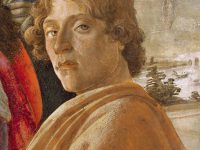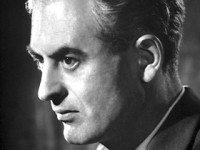Frederick W. Taylor – the first Management Consultant
On March 20, 1856, American mechanical engineer Frederick Winslow Taylor was born. Taylor is known as the father of scientific management, who sought to improve industrial efficiency. He was one of the first management consultants. Taylor summed up his efficiency techniques in his 1911 book The Principles of Scientific Management. His pioneering work in applying engineering principles to the work done on the factory floor was instrumental in the creation and development…
Read more

